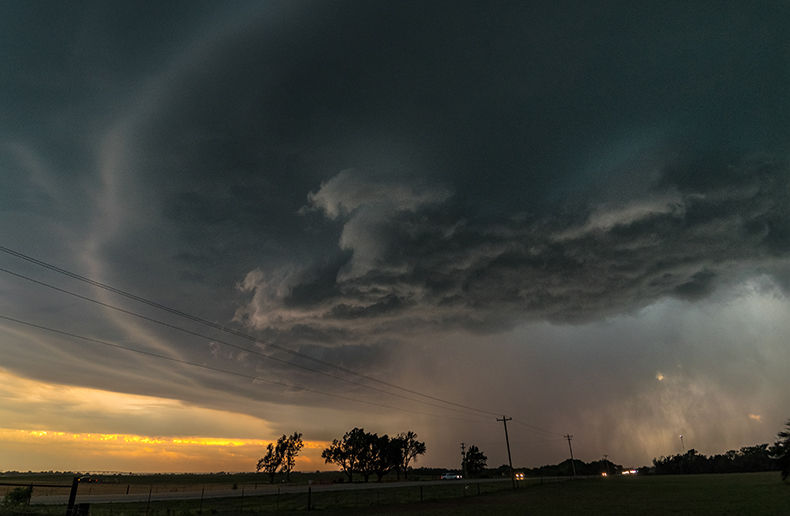The Chambre de la sécurité financière (CSF), Quebec’s self-regulatory organization for life insurance and investment fund representatives finds it deplorable and arrogant that the Mutual Fund Dealers Association (MFDA) would tell Quebec that it is not able to self-regulate its investment fund industry. The CSF says that it would rather take up the hatchet than let the MFDA encroach on its territory.
This is what Luc Labelle, executive vice-president of the CSF, explained during a meeting with the editors of The Insurance Journal.This debate has raged in Quebec since the province’s financial markets regulator, the
Autorité des marchés financiers (AMF) launched its consultation process on the regulatory framework of the Quebec investment fund sector.
Three options for this project have been put forward by the AMF. The first one would confer monitoring of the sector to the MFDA. The second would grant this authority to the MFDA, but with some responsibility delegated to the CSF. The third scenario would give monitoring responsibility to the CSF alone.
For Mr. Labelle, choosing the MFDA as the SRO in Quebec is tantamount to supporting a single national commission, as the MFDA already monitors investment funds in the rest of the country. He adds that if the MFDA were chosen, Quebec would lose an arena of provincial jurisdiction.
In its submission, the MFDA stated that if it does not become the SRO for Quebec investment funds, it will be unable to regulate effectively its members who also do business in the province, a stance that Luc Labelle scoffs at.
"The passport system will not prevent the MFDA from supervising its members. Inevitably, we will have to reach agreements. To follow the same regulations, inspection protocols will have to be adjusted, which can be done through sub-contracting. The MFDA will then be able to monitor its Quebec members, which is the basic idea of the passport. Of course, it is better for them to say that an agreement will never be reached, but agreements are already in place," he assured.
Passport system
The "passport system" is the solution supported by Quebec and nine other Canadian provinces in response to the Canadian and Ontario Government’s wish to create a single securities commission.
This issue has sparked debate in Canada for many years. Strong with the support from many Canadian financial institutions, particularly in Ontario, Ottawa aims to create this commission to make the Canadian securities market safer, more efficient and accessible, and less tightly regulated.
The problem is that the Canadian Constitution gives jurisdiction over securities to the provinces. According to Ottawa, this situation must now be reviewed considering the radical transformation of the securities sector across the globe.
Ottawa’s position is that capital moves across borders, travels electronically and circulates constantly. Proponents of a single commission also say that the multiple provincial securities commissions in Canada create many roadblocks to the flow of capital. These barriers succeed in chasing away international capital to countries with fewer regulations.
The provinces’ solution is the passport, which requires all provinces to harmonize their regulations. If all provinces have the same rules, a license from one regulator to trade securities would then be recognized by all other provinces.
The passport system was approved in Quebec, Nova Scotia, New Brunswick, Manitoba, British Columbia, Prince Edward Island, Saskatchewan, Alberta, Newfoundland and Labrador, the Northwest Territories, the Yukon and Nunavut. In the opposite corner: Ottawa and Ontario.






